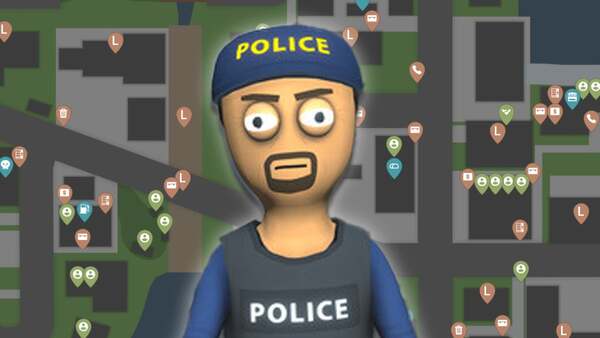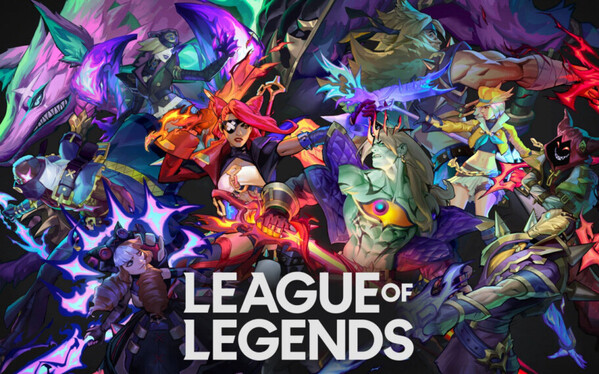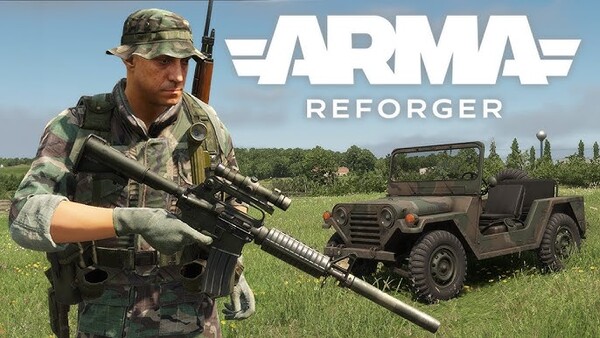Popular Now
Introduction
“Schedule” may look like a game about organization and time management, but it hides a deeper challenge: overwhelming time pressure that turns strategy into survival. This article explores how the real-time mechanics disrupt long-term planning and push players into reactive, high-stress decisions.

1. The Game’s Premise
At first glance, “Schedule” gives players control over task assignments and daily planning. It feels like a simulation of efficiency. But as time becomes limited and interruptions pile up, players quickly realize the clock is the real enemy.
2. When Time Pressure Hits
Early levels are forgiving, offering space to plan. But soon, the game injects tight deadlines, random urgent events, and dense workloads. Players are forced into constant reaction mode.
3. Strategy Falls Apart
In the early game, players can plan and adapt. But later levels present too many overlapping tasks, interruptions, and not enough time. Long-term strategy is no longer viable — only quick reactions keep you afloat.

4. Psychological Stress of the Clock
Real-time gameplay creates mental fatigue and forces players into short-term thinking. Even well-planned tasks get abandoned when an unexpected problem appears. This leads to stress-driven decision-making, not strategic play.
5. Delegation Doesn’t Help
The game suggests delegation as a solution, but workers still need frequent oversight. They get tired, distracted, or unavailable at random. Delegation ends up being more micromanagement under a different name.
6. Efficiency Spirals Downward
Fatigued workers make mistakes, and those mistakes lead to more time loss. A single missed task can trigger penalties that snowball into failure, especially when time is already tight.
7. The Emergency Loop
At higher levels, the game locks players in an endless stream of urgent problems. Players rarely touch their main objectives. Instead, they’re putting out fires — a design choice that splits the fan base between those who love the chaos and those who feel punished.

8. Community Solutions
Players have invented coping mechanisms: assigning one worker to handle emergencies, front-loading tasks early in the day, or using mods to slow down time. These hacks aim to restore the strategic play the game removes.
9. Developer Reactions
The developers acknowledged the issue and released patches with partial fixes, such as limited pause options and fewer emergencies. However, the core structure of time-based chaos remains intact.
10. What Could Be Better
With better pause tools, smarter AI behavior, and emergencies that respond to actual player efficiency, “Schedule” could balance stress and strategy. Right now, it heavily favors reaction over planning.
Conclusion
“Schedule” wants to be a strategy game but often feels like a crisis simulator. The overwhelming time pressure breaks thoughtful play and demands constant urgency. With refined mechanics, it could fulfill its potential. For now, it’s a battle against the clock — not against the tasks.
















